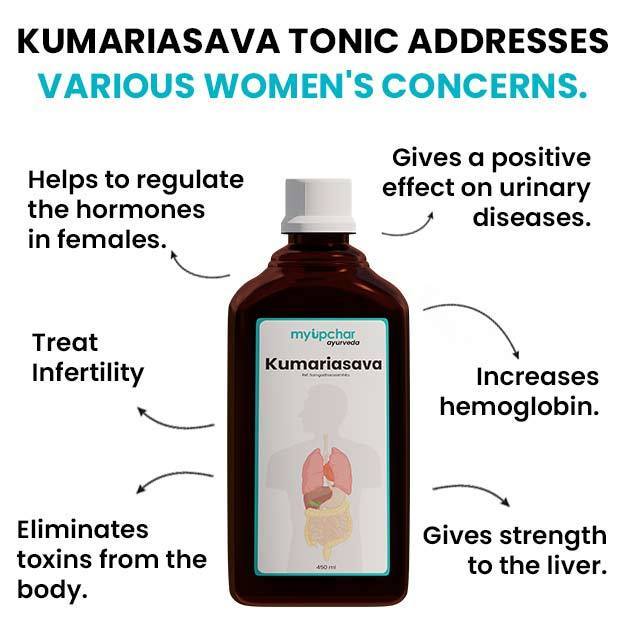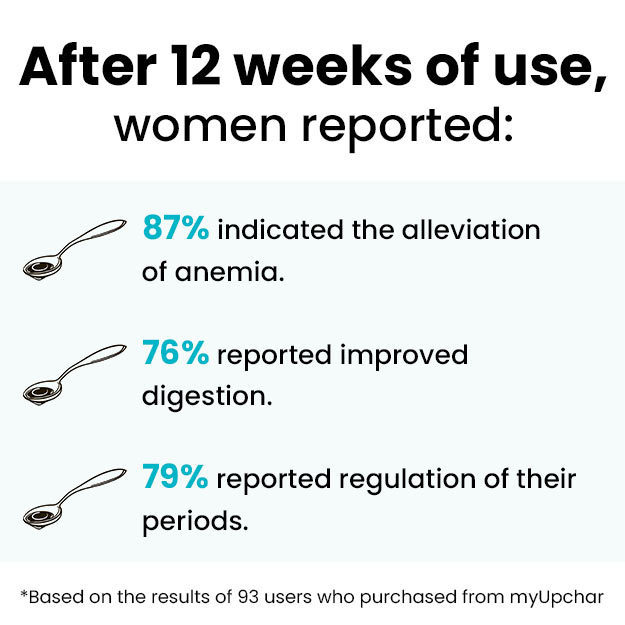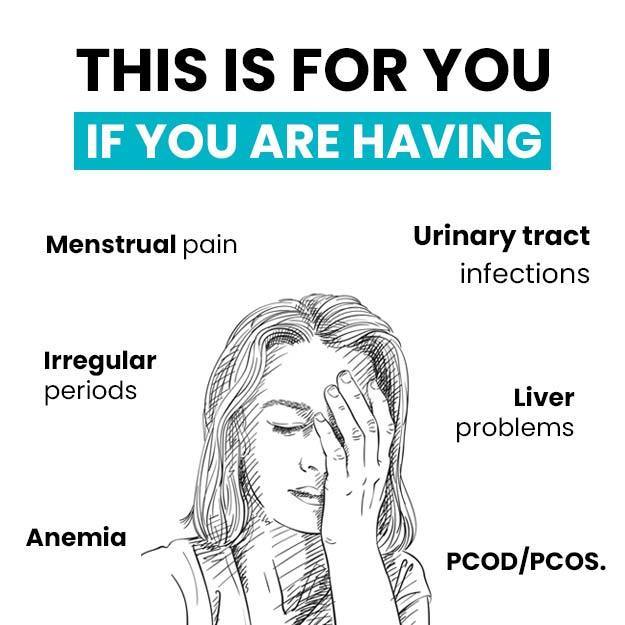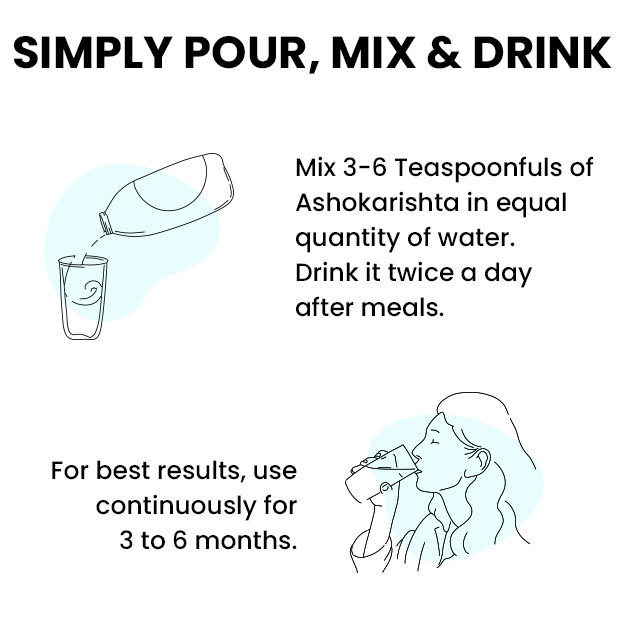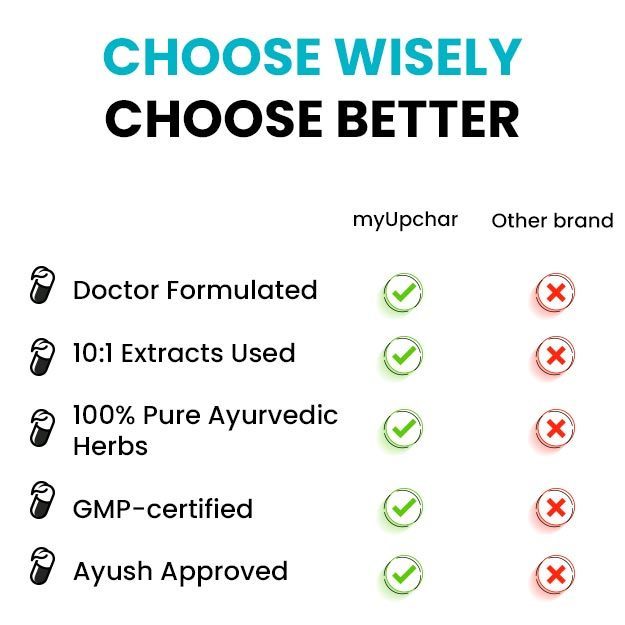What is Phencyclidine (PCP) Urine test?
The phencyclidine (PCP) urine test identifies the presence of the drug PCP in your urine.
PCP is classified under the category of hallucinogens and dissociative drugs. It was established as an anaesthetic in the 1950s, but due to its long-lasting effects on the central nervous system (spinal cord and brain), its use in surgical procedures was discontinued by 1967.
However, PCP is now abused as a recreational drug as it causes a feeling of well-being, joy (euphoria) and a sense of detachment even at low doses. At higher doses, PCP can cause toxicity and death.
A PCP urine test is considered an alternative to a PCP blood test since it is non-invasive and the drug can be detected for much longer in the urine. PCP starts showing up in urine after about 10 days of intake and the test stays positive for up to 3 weeks, as compared to serum, where it shows up for only a few hours).
(Read more: Phencyclidine serum test)


















